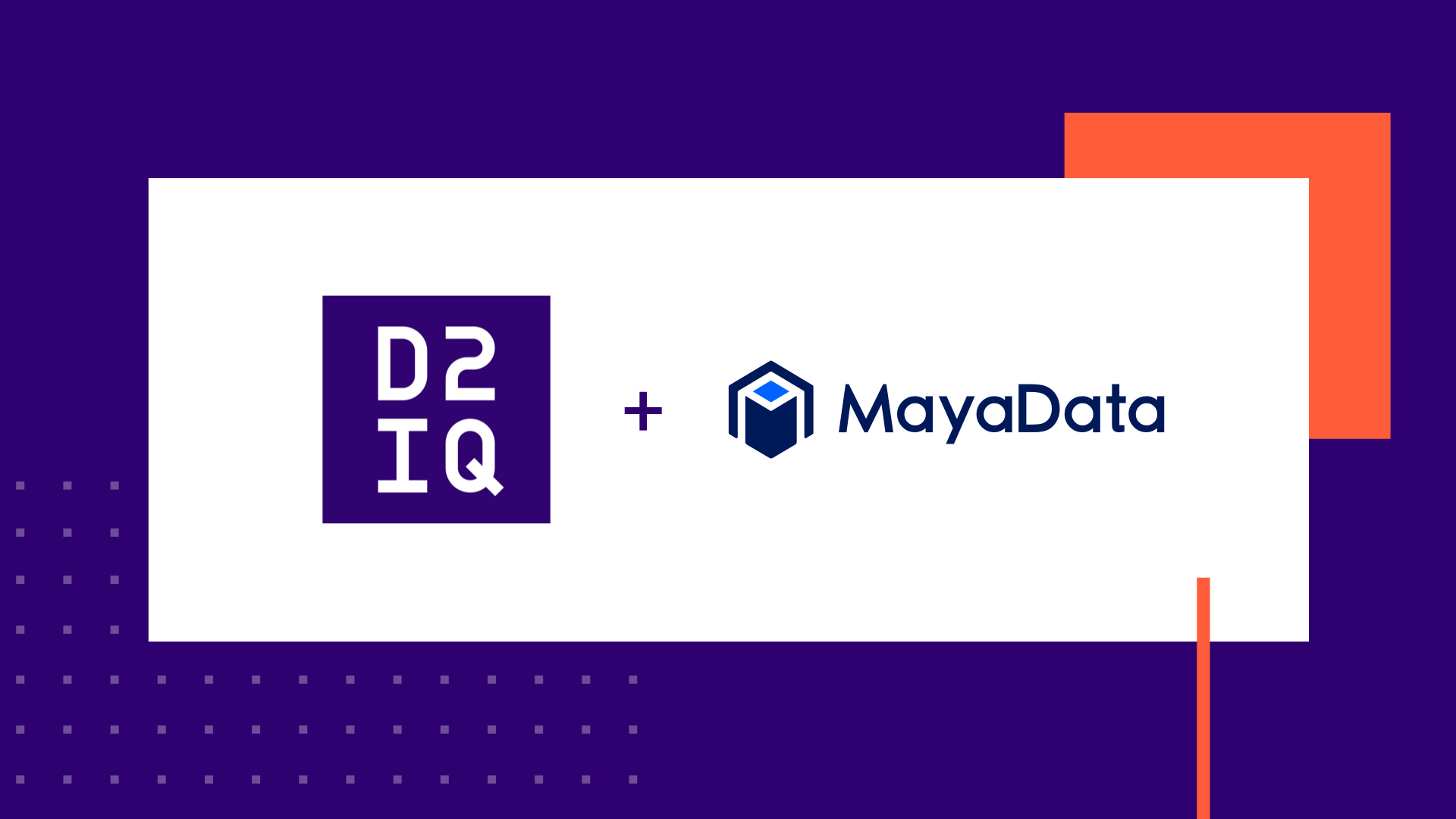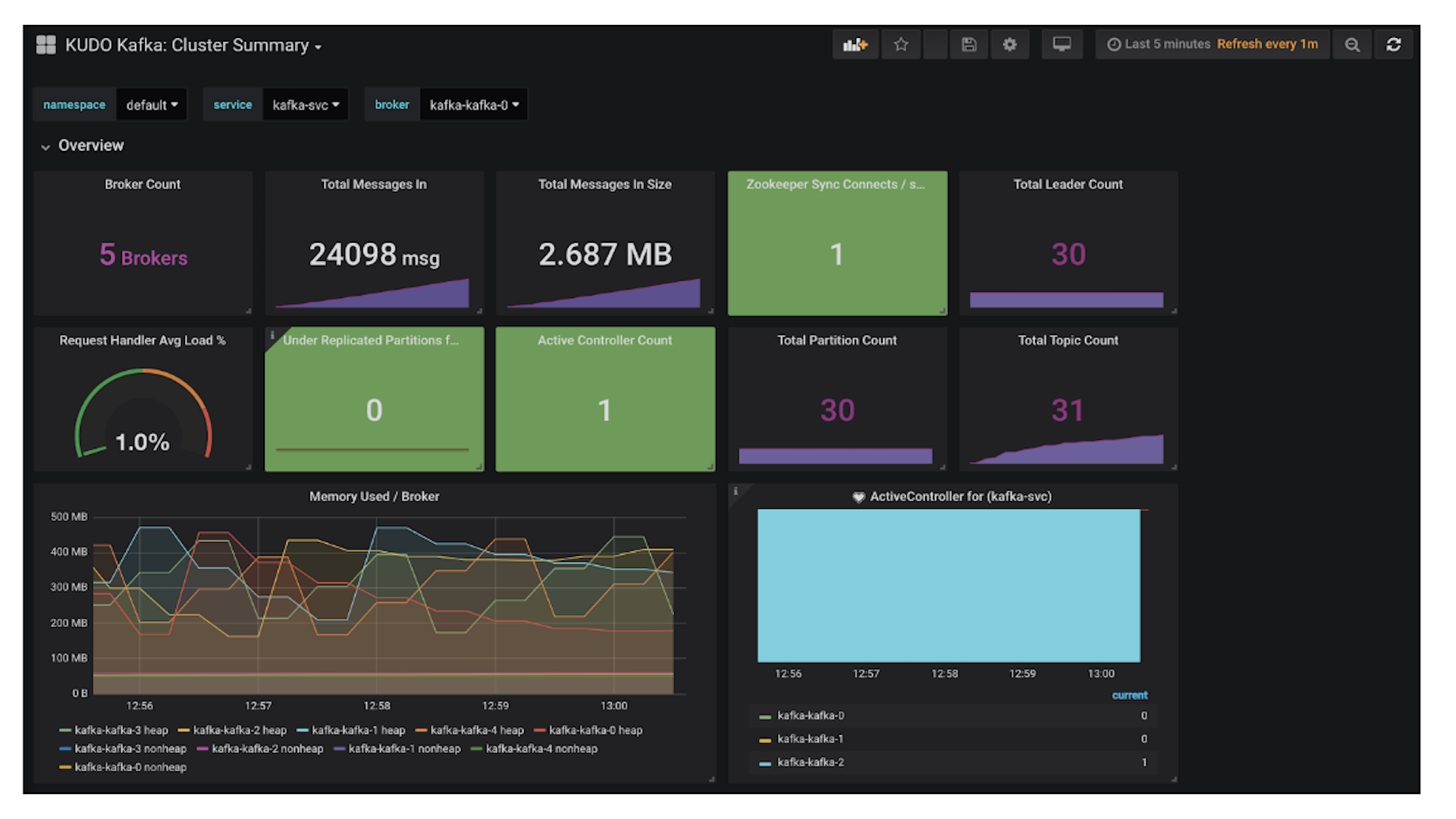Quality assurance is an essential part of authoring great software. To help our community write great services that run on top of DC/OS, we are releasing
Shakedown, a lightweight Python library that can be imported into your tests to aid and streamline your software testing workflow.
Shakedown?
According to
Wikipedia, a
shakedown is
a period of testing or a trial journey undergone by a ship, aircraft or other craft and its crew before being declared operational.
In the DC/OS world, Shakedown consists of both a testing harness as well as a Python library which abstracts many common Mesos and DC/OS-related tasks such as installing packages from the Universe, querying a framework service for associated tasks, running commands on individual DC/OS agents, and more.
Why we developed Shakedown
We had a few goals as we developed Shakedown:
- Develop and achieve widespread adoption of an extensible, scalable testing harness that will serve automated testing need within the DC/OS community.
- Deliver a well-understood, well-documented, user-friendly solution to software engineers and quality personnel, both internally and externally.
- Optimize for test stability, usability, and speed, in that order.
Using the Shakedown tool to run tests
Installation
$ git clone github.com:dcos/shakedown.git && cd shakedown && pip3 install -e .
Shakedown requires a Python 3.4+ environment. Installation is as straightfoward as cloning the
repository from GitHub and using
pip to install the required libraries, as shown above.
Configuring Shakedown
Shakedown can be configured either via arguments or via a .shakedown configuration file in the user's $HOME directory.
See below for the arguments that you can pass to Shakedown on the command line (as described with shakedown --help):
--fail [fast|never] Specify whether to continue testing when
encountering failures. (default: fast)
--ssh-key-file PATH Path to the SSH keyfile to use for
authentication.
--stdout [pass|fail|skip|all|none]
Print the standard output of tests with the
specified result. (default: fail)
--stdout-inline Display output inline rather than after test
phase completion.
Alternatively, you can create a .shakedown configuration file in the user's $HOME directory to set your options:
ssh-key-file = '~/.ssh/id_rsa-mesosphere-shared' fail = 'never' stdout = 'all' stdout-inline = false
Running tests
The Shakedown testing tool is an opinionated wrapper around the popular
pytest testing tool. Some default behavioral assumptions Shakedown makes are:
- Fail fast. If any test fails, immediately abort the test run and report on what failed, and why.
- Only verbosely report on what failed. Details and output of passing tests is not necessary.
We are testing DC/OS. First and foremost, make sure we can talk to the specified cluster. Secondly, if it is a cluster requiring authentication, all communications with the cluster should be authenticated.
$ shakedown --dcos-url http://dcos.example.com [options] [path_to_tests]
As shown above, --dcos-url is the only required Shakedown argument; all other configuration options can be specified on the command line or via a .shakedown file as detailed above under Configuring Shakedown.
Shakedown tests are pytest tests, and Shakedown will automatically discover and run any test files (filenames beginning with test_) contained within the recursive search of the current working directory.
Writing tests using the Shakedown Python library
Shakedown, aside from being a testing tool, includes a Python library which abstracts many common Mesos and DC/OS-related tasks. Full documentation on available methods can be found in the
Shakedown API documentation.
Example acceptance tests
def test_install_jenkins():
"""Install the Jenkins package for DC/OS.
"""
install_package_and_wait(PACKAGE_NAME)
assert package_installed(PACKAGE_NAME), 'Package failed to install'
end_time = time.time() + WAIT_TIME_IN_SECS
found = False
while time.time() < end_time:
found = get_service(PACKAGE_NAME) is not None
if found and service_healthy(PACKAGE_NAME):
break
time.sleep(1)
assert found, 'Service did not register with DCOS'
In this example, install_package_and_wait, package_installed, get_service and service_healthy are all Python methods provided by Shakedown.
Summary
As shown above, Shakedown aims to help speed up and improve framework authoring and testing. As with the rest of DC/OS, Shakedown is an open-source project and contributions and enhancements are welcome!









